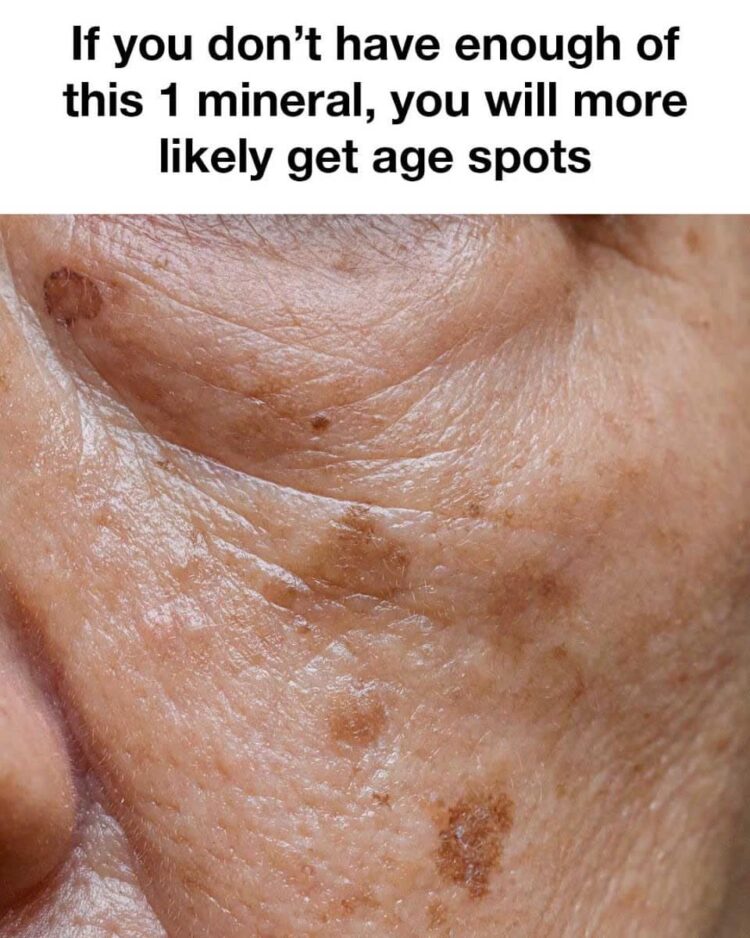How Selenium Deficiency Affects Skin Health
A deficiency in selenium can increase oxidative stress, making the skin more vulnerable to damage from environmental factors, including UV rays. This could contribute to the formation of age spots by affecting melanin production. While selenium deficiency may not directly cause age spots, ensuring adequate selenium intake is beneficial for maintaining overall skin health and reducing the risk of skin damage from UV exposure.
Sources of Selenium
To ensure adequate selenium levels, it’s important to include selenium-rich foods in your diet. The recommended daily intake for adults is approximately 55 micrograms. Selenium can be found in foods like Brazil nuts, seafood (such as tuna, halibut, and sardines), eggs, sunflower seeds, and whole grains. Regularly consuming these foods can help maintain optimal selenium levels.
Selenium Supplements: Benefits and Risks
While selenium supplements can be helpful for individuals with a deficiency, they should be taken cautiously. Too much selenium can lead to toxicity, which can cause symptoms like gastrointestinal distress, hair loss, and nerve damage. It’s important to consult with a healthcare provider before starting any supplementation to ensure proper usage.
